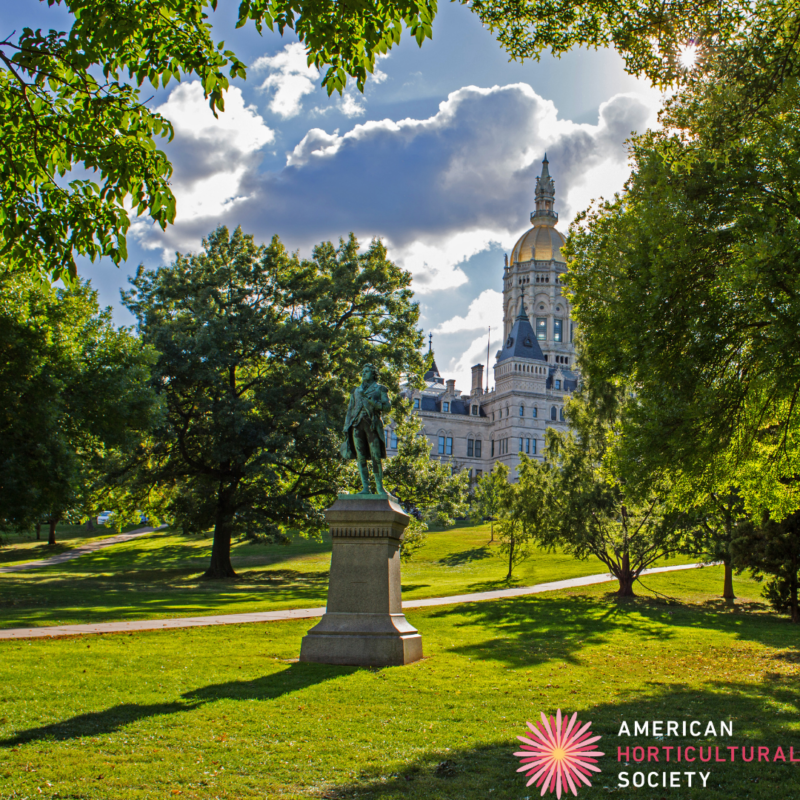NCYGS Session Headquarters
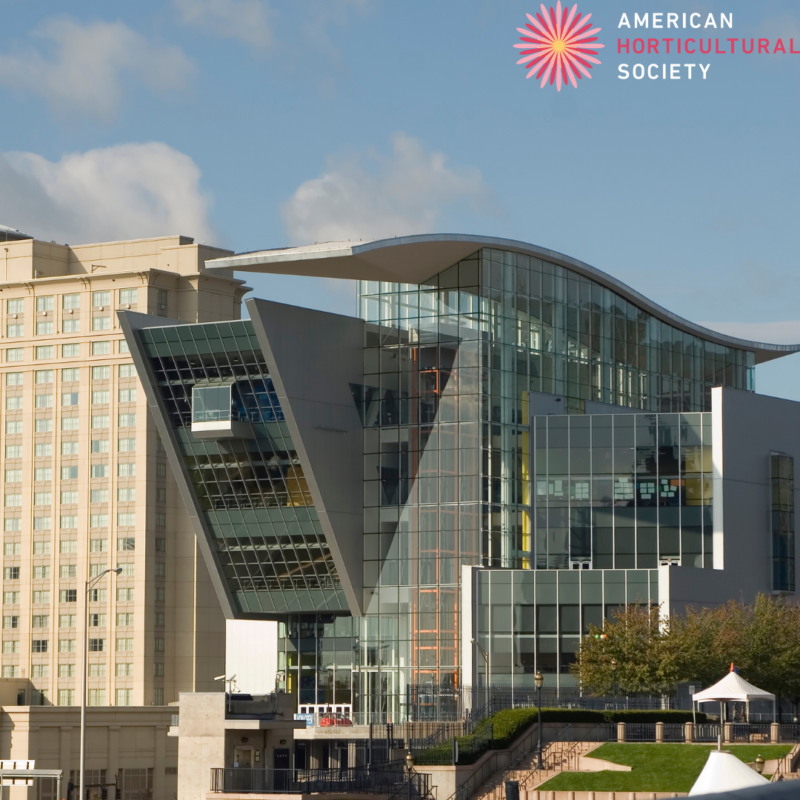 Connecticut Science Center
Connecticut Science Center
The Connecticut Science Center is a hub for science, innovation, and learning, dedicated to sparking curiosity and inspiring discovery in people of all ages. Opened in 2009 and located in Hartford, the Science Center offers dynamic exhibits, hands-on activities, and unique educational programs that empower learners to explore the wonders of STEM. Committed to fostering equity and accessibility, the Science Center is a valuable educational resource, engaging diverse audiences through school district and community partnerships and providing immersive informal learning experiences and educator professional development. Whether supporting families, students, teachers, or local business leaders, the Connecticut Science Center offers opportunities to connect with science in meaningful ways, fueling the passion for exploration and the pursuit of knowledge.
Conference attendees will have full access to the Center’s exhibits on July 9 and July 11, as well as special access to the Butterfly Encounter and a tour of the Nassau Science Plaza:
Immerse yourself in the Connecticut Science Center’s Butterfly Encounter, an all-season butterfly habitat and greenhouse where 40 to 50 species of free-flying butterflies from around the world thrive. Observe the late stages of the butterfly’s metamorphic process as they emerge from their chrysalises and take in the lush, tropical setting.
The Nassau Science Plaza at the Connecticut Science Center features a vibrant biodiversity hub with 85% native plants, creating a sanctuary for local wildlife. This space combines ecological preservation with urban accessibility, offering habitats for pollinators and promoting biodiversity through native flora. Visitors are encouraged to explore and contribute observations of plants and animals via community science tools like iNaturalist. The plaza blends education, sustainability, and hands-on discovery for a deeper connection to nature.
Pre-Symposium Field Sites: Hartford Highlights
(Additional registration required; lunch is provided)
The 2025 pre-symposium trip leans into the theme of Science & History as we experience tours of two local landmarks:
Elizabeth Park 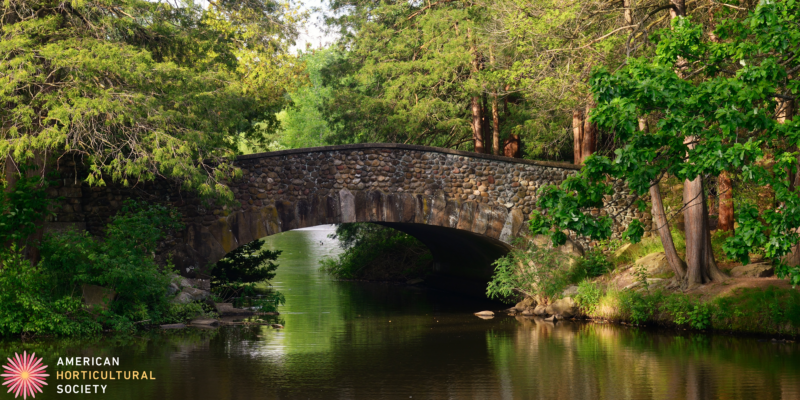
Opened in 1897, Elizabeth Park is the horticultural gem of the Hartford park system, with its many gardens, sweeping vistas, notable trees, and greenhouses. It is home to the first municipal rose garden in the United States, which is also the third largest rose garden in the country today. Additional highlights in the park’s 102 acres include the annual garden, perennial garden, rock garden, horticultural gardens, and ponds and bridges. Our tour will explore the science of horticulture at this historic landscape.
Mark Twain House
Mark Twain changed the way the world sees America and the way Americans see themselves. The Mark Twain House continues the conversation he began. Founded in 1929 and operating as a public museum since 1974, the Mark Twain House & Museum celebrates the life and legacy of Samuel L. Clemens as one of our nation’s defining cultural figures. The museum serves the public by preserving the historic Mark Twain House which has been meticulously restored over a period of many years and is designated a National Historic Landmark. The Museum also offers exhibitions and numerous educational and cultural programs for students, teachers, and the public.
When the Clemens family lived on the property, there was a large greenhouse on the lawn between their house and the home of Harriet Beecher Stowe. Today, the Mark Twain House gardens and conservatory are under the watchful care of University of Connecticut Master Gardeners. For over a decade they have worked with the plantings and landscaping on the grounds, combining a staggering amount of horticultural skill with an artist’s eye, and creatively incorporating historical hints and tributes into their work.
Symposium Field Trips
(included in full symposium registration and with Thursday one-day registration)
Hartford is a hub of New England’s “Knowledge Corridor,” and New England is known for its colleges and universities. In the 2025 symposium field trips, we will learn how colleges are teaching their students about horticulture and agriculture, and how college students are in turn teaching local kids and communities about plants.
Field Trip #1: Connecticut Coast
Sprout Garden at Connecticut College
Sprout Garden is a cohesive and shared community that provides social and educational spaces in which students can practice gardening and gain hands-on experience with sustainable, small-scale agriculture. The garden strives to build community and empower individuals by planting, growing, and eating ethically produced food. Sprout Garden builds opportunities for hands-on growing in the greater community, provides experiential education in small-scale agriculture and local food systems, and increases the town’s food resilience.
Bus will take attendees between sites and the historic town of New London or Mystic for lunch. There are many restaurants to select from and lunch is on your own.
Connecticut College Arboretum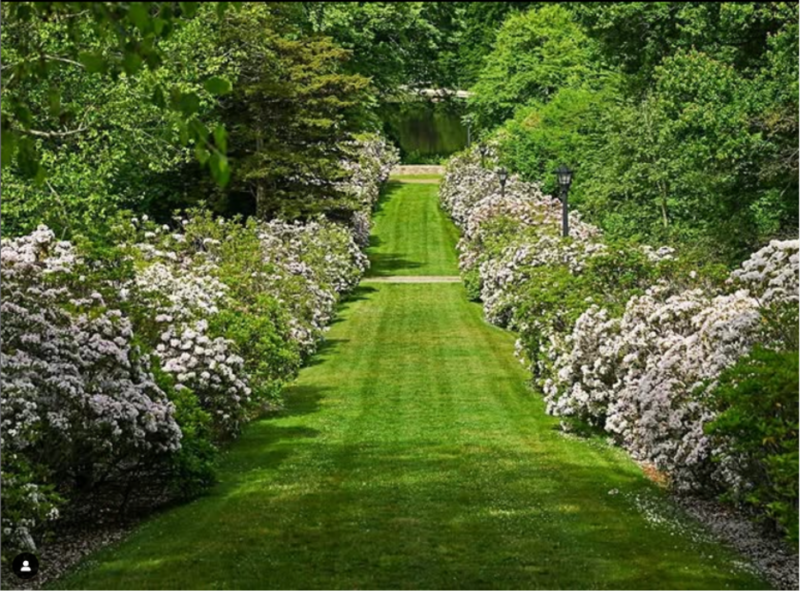
The Connecticut College Arboretum provides a welcome connection with the natural world, offering opportunities for teaching, research, conservation, public education, and recreation. The Connecticut College Arboretum is made up of 750 acres of landscaped campus grounds and Greenhouse, the Native Plant Collection, Caroline Black Garden, natural areas including Mamacoke Island and Bolleswood, and managed landscapes. The Arboretum serves a multitude of functions for the College and the greater New London Community, providing a welcome connection with the natural world and a place to get away for recreation and reflection. The Connecticut College Arboretum participates in the AHS Garden Network.
Field Trip #2: Pioneer Valley
UMass Student Farm
Part of the Stockbridge School of Agriculture, UMass Student Farm is the primary hands-on learning lab for sustainable food and farming majors. The UMass Student Farm consists of twenty acres and provides produce for a campus CSA, a café, the university dining services, two supermarkets, and the UMass Student Farmers Market. Student Farmers take the lead on planning the season, working the land, and harvesting and marketing the produce. The university owns and manages several agricultural research and production farms in local Massachusetts communities, including fruit-tree orchards, grape vineyards, and a cranberry station.
Bus will take attendees between sites and the historic town of Northampton for lunch. There are many restaurants to select from and lunch is on your own.
Smith College Botanic Garden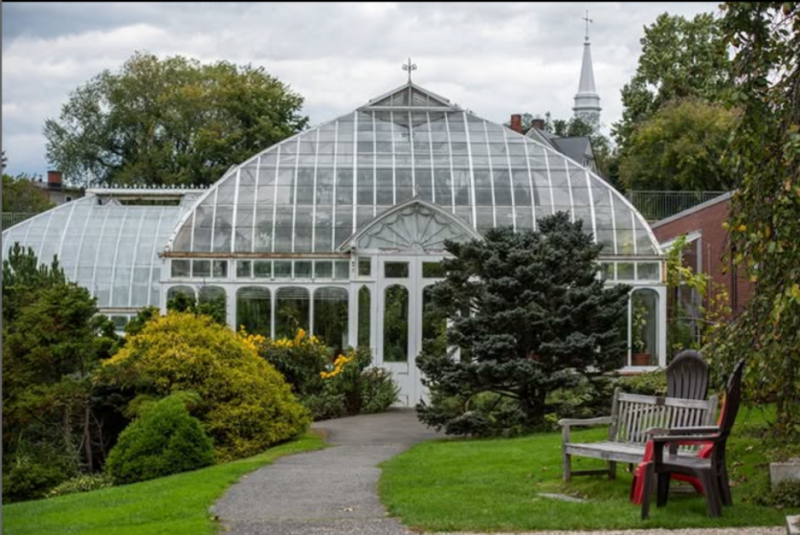
The Botanic Garden of Smith College fosters environmental and social justice through teaching and learning about plants, people and place. The Garden does this through curating plant collections, training students, helping teachers, welcoming visitors, and cultivating spaces and landscapes. The Botanic Garden of Smith College spans 127 acres and includes the 12,000 square foot Lyman Conservatory, Church Gallery, arboretum and many outdoor gardens. The garden was founded by Smith College’s first president, Laurenus Clarke Seelye, so that the entire campus could be of scientific, as well as aesthetic, value. Today, it continues to meet those goals. The Botanic Garden of Smith College participates in the AHS Garden Network.
Field Trip #3: New Haven
Yale Farm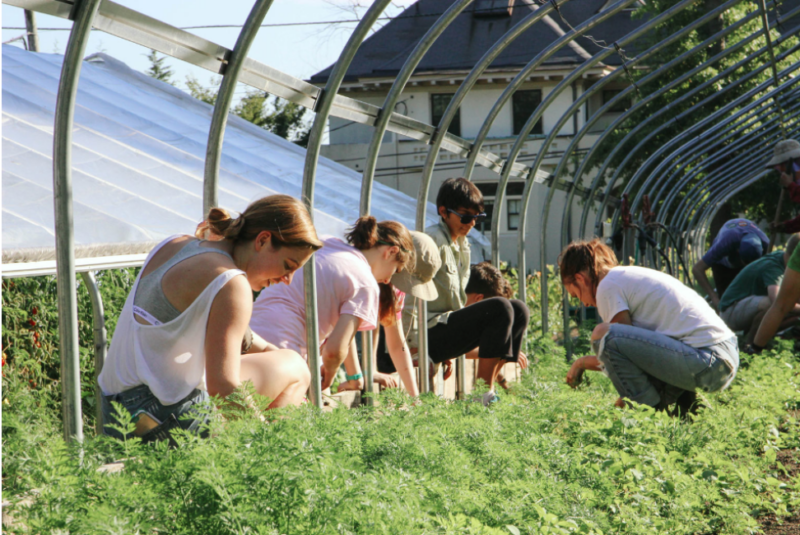
Endearingly known as “the Old Acre,” the Yale Farm is a lively acre of land where students care for plants and animals to enrich their studies and explore the relationships between food, farming, people, and planet. The Yale Farm is a lush and productive academic farm that produces dozens of varieties of vegetables, fruits, herbs, and flowers, and is home to free-range laying hens and honeybees. Throughout the year, students, faculty, staff, and members of the New Haven community visit the Yale Farm to study the connection between land and food. The Farm employs growing practices and crop rotations that reflect our regional and national agricultural landscape. The Yale Farm strives to be a working model of agricultural approaches that students can participate in directly, including through classes with local schools and city farmers markets.
Bus will take attendees between sites and to the New Haven Green Historic District for lunch. There are many restaurants to select from and lunch is on your own.
Marsh Botanical Garden at Yale University
Marsh Botanical Garden’s mission is to develop and maintain well curated collections, outdoor gardens, state-of- the- art plant growth facilities in support of research, teaching for Yale faculty and students, as well as informative and inspirational experience for visitors. Sitting on eight acres, with six greenhouses comprising around a third of an acre under glass, Marsh Botanical Garden offers support for researchers, faculty and students at Yale, as well as an informative and eye-catching experience for visitors. In the summer, the naturalistic beds and wildflower plantings provide color and attract birds and butterflies. In addition to offering tours to local schools, Marsh Botanical Garden engages the public in participation and community science projects.
Photo credit: Google
